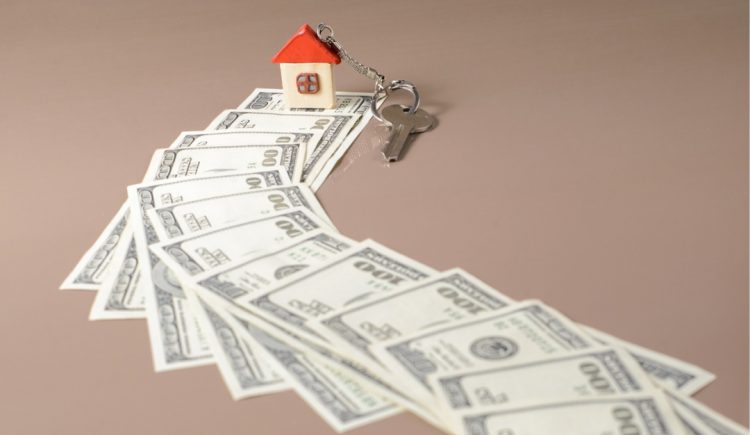Before a property changes hands, it’s common for the buyer to request repairs. When a house is being built from scratch, contractors are sometimes unable to get everything done before the agreed-upon closing date. Under those circumstances, an escrow holdback can allow the deal to close on schedule.
How an Escrow Holdback Works
When a buyer and seller agree to an escrow holdback, a portion of the money that the seller receives from the sale is put into an escrow account to pay for repairs. That allows the parties to proceed with the closing, even if work on the property has not yet been completed. The buyer and seller must agree to the terms of an escrow holdback agreement, including the scope of repairs to be made and a deadline.
When to Request an Escrow Holdback
An escrow holdback can make sense if the house you want to buy needs repairs that are relatively minor or that only affect the property’s exterior, such as work on a deck, fence, or landscaping. You might request an escrow holdback if you’re buying a newly constructed property and some exterior work, such as landscaping, still needs to be done.
How Your Lender Will Be Involved
If you plan to take out a mortgage to buy a house, your lender will have to approve an escrow holdback before you can close. After repairs have been made, the lender will typically require the property to pass an inspection before it releases funds from the escrow account. If the house you want to buy has a problem that makes it unhealthy or unsafe, your lender will most likely require that repairs be completed before it will issue a loan.
Lenders generally require an amount in escrow that’s higher than the estimated cost of repairs. That ensures that there will be enough money to cover the bills if unforeseen problems cause the price to be higher than anticipated. That also helps motivate the seller to get the work done promptly.
Often, lenders issue mortgages, then resell them to government-sponsored entities, such as Fannie Mae and Freddie Mac. Your escrow holdback agreement might have to satisfy your lender’s rules and requirements, plus those of a government-sponsored entity.
Talk to Your Real Estate Agent and Lender
If you’ve hit a snag, that doesn’t necessarily mean that you’ll have to push back your closing date. Discuss the situation with your agent and ask if an escrow holdback is a feasible solution. If you plan to borrow money to finance your home purchase, get in touch with your lender to ask about its rules regarding escrow holdbacks.











